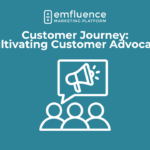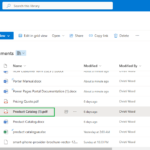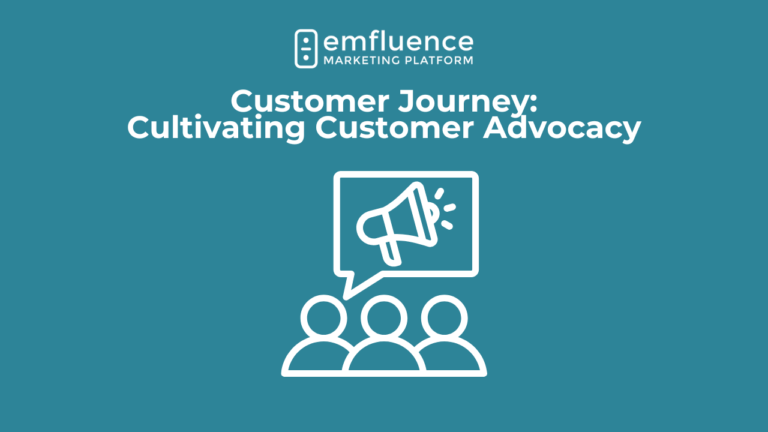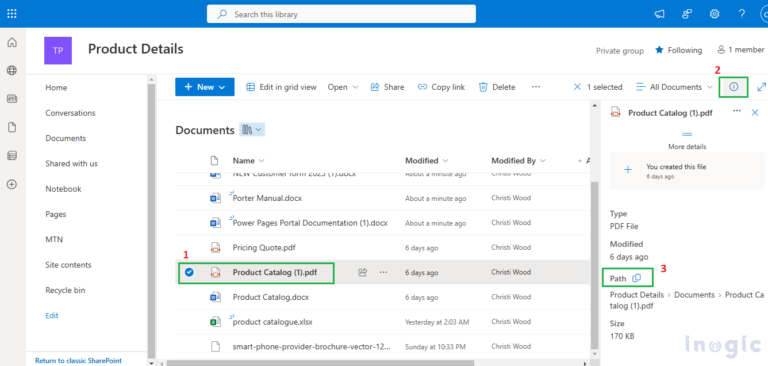Contract Management is vital to the success of many companies. Contracts govern partnerships, solidify business agreements, and ensure the flow of revenue. Effective contract management software enables collaboration between your sales, legal, and procurement teams. It also facilitates negotiations and approvals while ensuring compliance, controlling costs, and minimizing risk.
But how do you choose the best contract management software and the best software vendor? There are a lot of factors to consider. Success depends on identifying your organization’s particular needs and finding the vendor that best meets those needs. That’s why our team at Contract365 has put together this list of eight tips for finding the best contract management software vendor.
8 Tips for finding the best Dynamics 365 contract management software vendor
1. Determine your company’s needs.
When searching for the best contract management software for your company, your first undertaking will be understanding the contract management needs specific to your vertical. Various industries have different requirements, regulations, and standards. Software vendors may specialize in particular areas. Choose a vendor with experience in your industry and a thorough understanding of your company’s requirements. For instance, a vendor may handle software that supports and integrates with your real estate back end. Another may be experienced in complex healthcare requirements. One way to determine if a vendor has experience in your industry is to read their white papers. That will demonstrate their knowledge. Also, request and follow up on customer references.
2. Be sure the solution they represent is technically compatible and integrates seamlessly with your other business solutions.
It is crucial to choose a vendor that will integrate their offering with your existing back-end systems. Businesses often use a combination of productivity, project management, collaboration, and CRM software (e.g., Microsoft 365) to manage their operations. You’ll need contract management software that integrates with your existing systems so you can eliminate manual or duplicate data entry and avoid errors. Such integration will streamline workflows and ensure all data harmonizes across your various systems.
3. Pinpoint the problems you need to resolve.
James Kearney, director of Qualitas Consulting Group, who partners with legal departments on their Customer Lifecycle Management strategy (CLM), concisely summarized his advice for organizations beginning their contracting journies: “The vast majority of our clients understand that a CLM solution is a key piece of infrastructure that enables commercial processes. However, getting the project started, identifying priorities, strategizing around deployment, designing the end-to-end workflow, and understanding the effort needed to complete and maintain a CLM program often paralyzes our clients from the start. Taking the initial steps to organize and plan for the change the enterprise is about to experience is critical to the success of any CLM implementation.”
Once you have analyzed the pain points, you and your software partner can evaluate your needs confidently and accurately. For instance, if you need access to your contracts from anywhere, anytime, cloud-based contract management software offers flexibility, scalability, and affordability. Additional contract management features that address many issues include AI, workflow automation, ease of use, reporting dashboards, alerts, obligation tracking, electronic signature integration, a secure repository, and more. Determining your top challenges will help you narrow down the features you need and the software and vendors that offer them.
4. Consider your company’s size.
Take into account the size of your company and that of the software vendor. Some vendors specialize in serving small to mid-size businesses, while others work with large enterprises. Also, consider whether yours is a private or public company and who the stakeholders are. Choosing a vendor that can scale with your business and offer features that keep pace with your current and future needs is crucial.
5. Investigate contract management expertise and experience.
Before you select a software vendor, it is essential to research their industry expertise. Check a vendor’s blog, webinar offerings, and social media profiles to see their published content and whether it aligns with your business needs. Also, you can search for customer reviews and testimonials to see how other companies have benefited from their solution. Online resources, like Gartner Magic Quadrant, Capterra, etc., are good places to start understanding your options. But remember, many of those sites require payment to be featured and may not show a complete listing of potential vendors.
6. Engage with a Dynamics 365 CLM consultant.
Specialized consultants can advise organizations about CLM. They may collaborate with your legal team and decision-makers by recommending the best contract management software vendors to support your company. For example, Qualitas Consulting Group is a contract lifecycle management consulting group providing various services such as vendor selection advice, implementation management, data migration management, training materials, and workshops. There are also consultants, specifically for the legal industry, such as Epiq, and European-based consultants, such as Arc Contract Management. These consultants can be a valuable resource for companies with limited in-house expertise.
7. Visit contract management events and speak to vendors.
Contract management events, virtual webinars, and conferences offer additional learning opportunities. At these venues, you can hear directly from the vendors and ask questions about their offerings. Consider events like WorldCC events and webinars, ContractsCon, and Cloc.
8. Sign up for a Dynamics 365 CLM demo.
After you have shortlisted some vendors, you’ll want to request a demo of their software. You’ll have an opportunity to meet their team and ensure they are compatible with your company’s aesthetic. Also, a high-level demo lets you see how the software works and whether it meets your requirements. At the same time, you can begin to build a personal relationship with the vendor and ensure they understand your business needs.
Contracts 365 –the Leading Contract Management Software for Microsoft Customers
Finding the best contract management software that fits the needs of your business can be a challenge. However, we believe these steps simplify and guide the process. We also hope that you consider Contracts 365. Contracts 365 is the leading contract management software for businesses that use Microsoft 365. Usability, functionality, and security have always been at the forefront of development. Contracts 365 addresses all aspects of the contract lifecycle through a modern, intuitive interface. Our solution adapts to your users’ unique roles and your industry’s specific needs.
Get complete visibility and control of your contracting process.
We designed Contracts 365 to help contract managers gain greater visibility and control throughout the contract management lifecycle to find efficiencies at every step. What’s more, Contract 365 works seamlessly with the apps you use daily: Word, Outlook, Dynamics 365, SharePoint, Teams, and more. Please don’t hesitate to contact us or request a demo.
By Contract 365, www.contracts365.com











